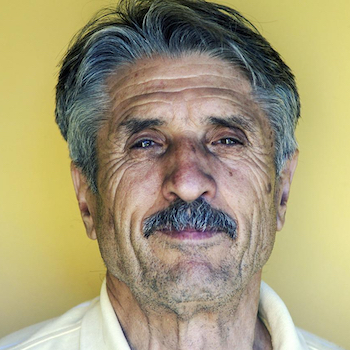
Does Foreign Ownership of English Football Clubs Work?
The protracted saga of Everton’s sale has been dragging on for years now, marked by numerous setbacks, false dawns, and abandoned deals that have left the club in a state of limbo. However, recent developments suggest a genuine breakthrough might finally be on the horizon. The American-owned Friedkin Group has agreed to purchase Farhad Moshiri’s 94.1% ownership stake in the club.
Before the champagne bottles start popping around Goodison Park and overexcited fans begin to envision Everton becoming the next Manchester City, it’s crucial to take a step back. The past has shown us that international ownership in English football doesn’t always deliver the success fans hope for, and in many cases, it can lead to significant repercussions for the clubs involved.
One of the most recent and perhaps the most notorious examples of international ownership gone awry is Clearlake Capital’s acquisition of Chelsea FC in 2022. When Clearlake took control of the club, they clearly aspired to emulate the success of their predecessor, Roman Abramovich. The Russian oligarch, though a polarizing figure, was deeply revered by many Chelsea fans for the billions he invested in the club, elevating them to the status of one of the dominant forces in English and European football.
However, Clearlake’s ambitions have arguably been too grandiose and too hastily pursued. Their tenure started on a controversial note with the abrupt sacking of Thomas Tuchel, the manager who had recently guided Chelsea to Champions League glory, and his replacement with Graham Potter, a coach with considerably less experience at the highest level.
In addition to this, Clearlake has spent over a billion pounds in a bid to reshape the squad, doling out staggering wages and signing players on lengthy contracts that many would consider financially irresponsible. Despite this enormous investment, there has been no visible improvement on the pitch; in fact, one could argue that Chelsea’s performance has actually declined.
In Abramovich’s final season as owner (2021/22), Chelsea finished a commendable third in the Premier League. However, since Clearlake’s takeover, the club has struggled, plummeting to a dismal 12th place in the 2022/23 season and only managing to secure 6th place in 2023/24. This stark contrast in outcomes serves as a poignant reminder that not every wealthy international investor can guarantee success and stability for a club.
A less publicized but equally concerning case is that of Juan Sartori and his minority stake in Sunderland. Sartori, a Uruguayan businessman and former presidential hopeful, is currently embroiled in a UK High Court case where he faces serious allegations of fraud, negligence, and conspiracy in relation to one of his companies. Such accusations are far from the qualities one would hope for in a football club owner.
Sartori’s controversial track record dates back as far as 2007, with numerous accusations of financial misconduct, including allegations that he misrepresented and exaggerated the value of his struggling business to potential investors and embellished the credentials of his business partners in a bid to attract more investment. Even more damaging to his credibility is his claim of being a Harvard graduate, a claim that was later debunked when it was revealed that he never attended the prestigious institution. Harvard itself had to issue a statement clarifying the misrepresentation.
The case of Sartori and Sunderland is particularly troubling because it is not the club’s performance or financial health that is in question, but the owner’s character and integrity. Sunderland should be focused on playing football, getting results on the pitch, and maintaining the trust and loyalty of their fans.
Instead, they find themselves dragged into a mire of legal battles and public controversy due to Sartori’s presence. His association with the club raises serious questions about the importance of vetting potential owners and ensuring they have a clean and respectable background. Having someone with such a murky past at the helm risks tarnishing the club’s reputation and undermining their efforts to rebuild their status and credibility, especially following their recent promotion back to the Championship.
These are just two examples, but they highlight a broader trend that should make fans wary of the promises that come with international ownership. Chelsea, a club that was once a formidable force both domestically and in Europe, now finds itself in a state of flux, with billions spent but little to show for it. Their fans, who were initially hopeful that Clearlake’s arrival would herald a new era of success, are now left wondering if the club has lost its way. Sunderland, on the other hand, has seen a degree of on-field success since Sartori’s involvement. Yet, his questionable background casts a shadow over their achievements and detracts from what should be a positive narrative of resurgence and progress.
For Everton fans, the examples of Chelsea and Sunderland serve as valuable lessons. While the allure of deep-pocketed foreign investors is undeniable, the reality is far more complex. The infusion of cash can bring about rapid changes, but as these cases demonstrate, it doesn’t always translate into on-field success or stability. In some instances, it can even exacerbate existing issues or introduce new ones.
Before they start chanting the Friedkin Group’s name in anticipation of a bright future, Evertonians would do well to consider the experiences of other clubs. The promise of international ownership is often accompanied by a significant risk, and it is a risk that doesn’t always pay off.
